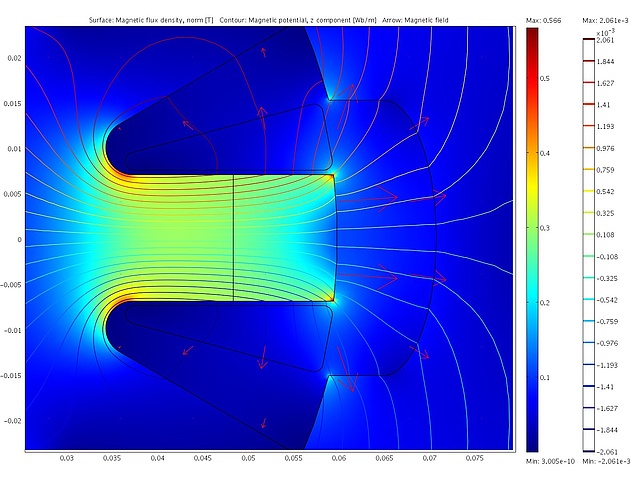Project Description
Especially in public transportation, conventional vehicles waste large amounts of energy due to their inability of recuperating the braking energy and re-using the stored energy for accelerating the vehicle. Hence, hybridization of busses and light rail vehicles bears the potential of significantly reducing energy consumption and emissions of those vehicles. Currently available energy storage devices (batteries, ultra-capacitors) are capable of handling both energy and power requirements of hybrid vehicles, but in order to achieve the demanded lifetime the components have to be heavily oversized resulting in high cost. In contrast, flywheel energy storage systems are capable of combining a high energy density with a high power density. The utilization of modern (composite) materials for both flywheel and bearing allows the assembly of compact flywheel systems with increased lifetime compared to sophisticated battery systems.
The project E³ON is focused on evaluating the applicability of flywheel energy storage systems for the hybridization of vehicles in local public transport (busses, light rail vehicles). This covers the specification of typical load profiles (required power, mechanical stress and vibrations) to be expected in local public transport. To produce realistic load profiles, the latter will be worked out in close collaboration with prospective customers (see attached LOI). Lifetime and safety issues of the main components of the flywheel energy storage (flywheel, bearings, electrical machine, power converter) are examined by means of simulation and experiments based on the obtained load profiles.
The aim of the research project is to provide implementation concepts for all components of the flywheel energy storage as well as a first assessment of the achievable lifetime and cost. Several design parameters for a prototype system can be derived from the project results including storeable energy content, maximum ratings for captured and provided power, prospected lifetime, round-trip efficiency, and component cost. Moreover, the project results provide a mean to evaluate the application of further downsized flywheel energy storage systems for hybrid and electric vehicles in private transport.
Project Data
![]()
Project Type: Joint Proposal
Status: Finished
Program: a3plus – Strategy program intelligent traffic systems and services, 3. Ausschreibung
Duration: 2 years
Workgroup: Energy Aware Measurement Systems

